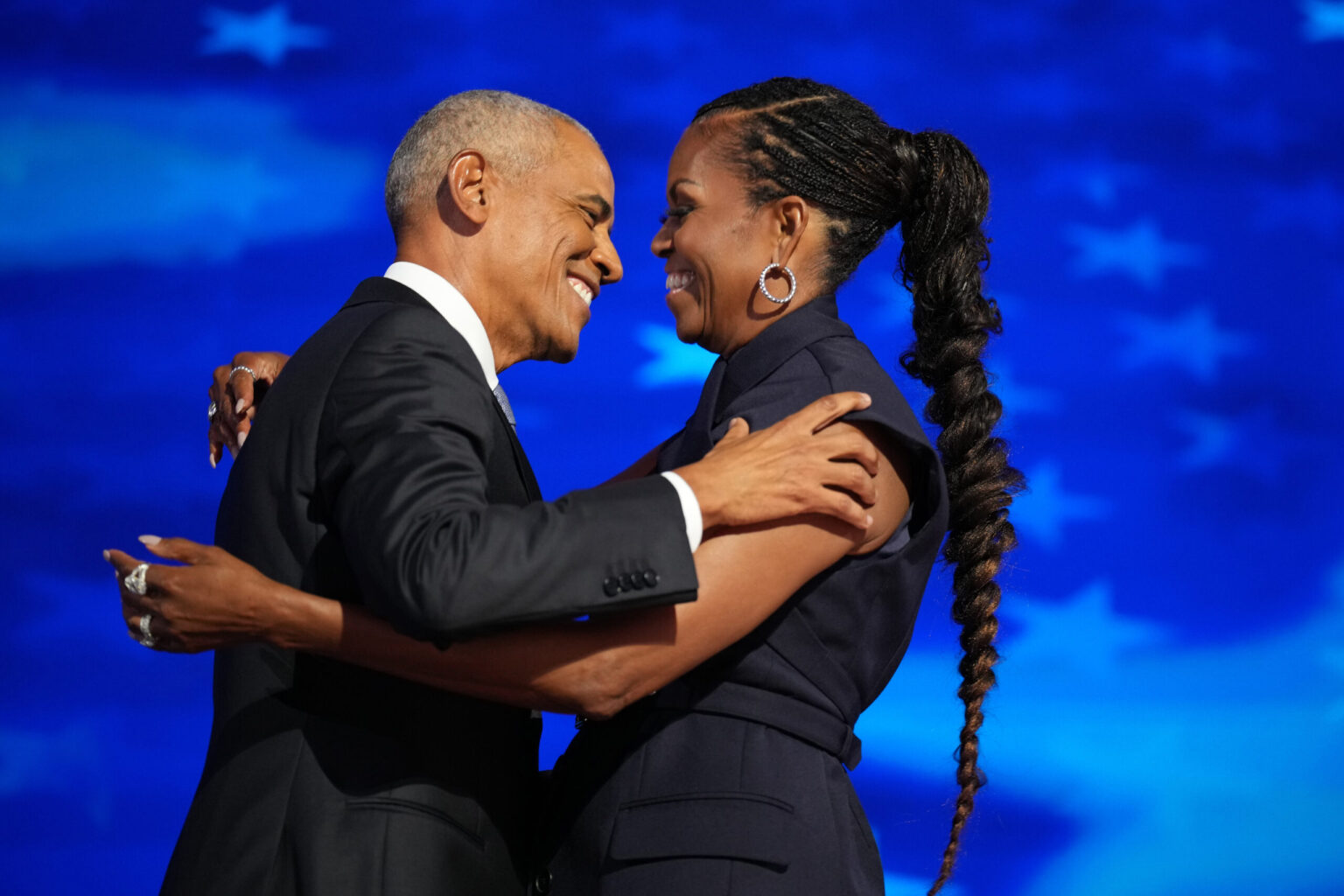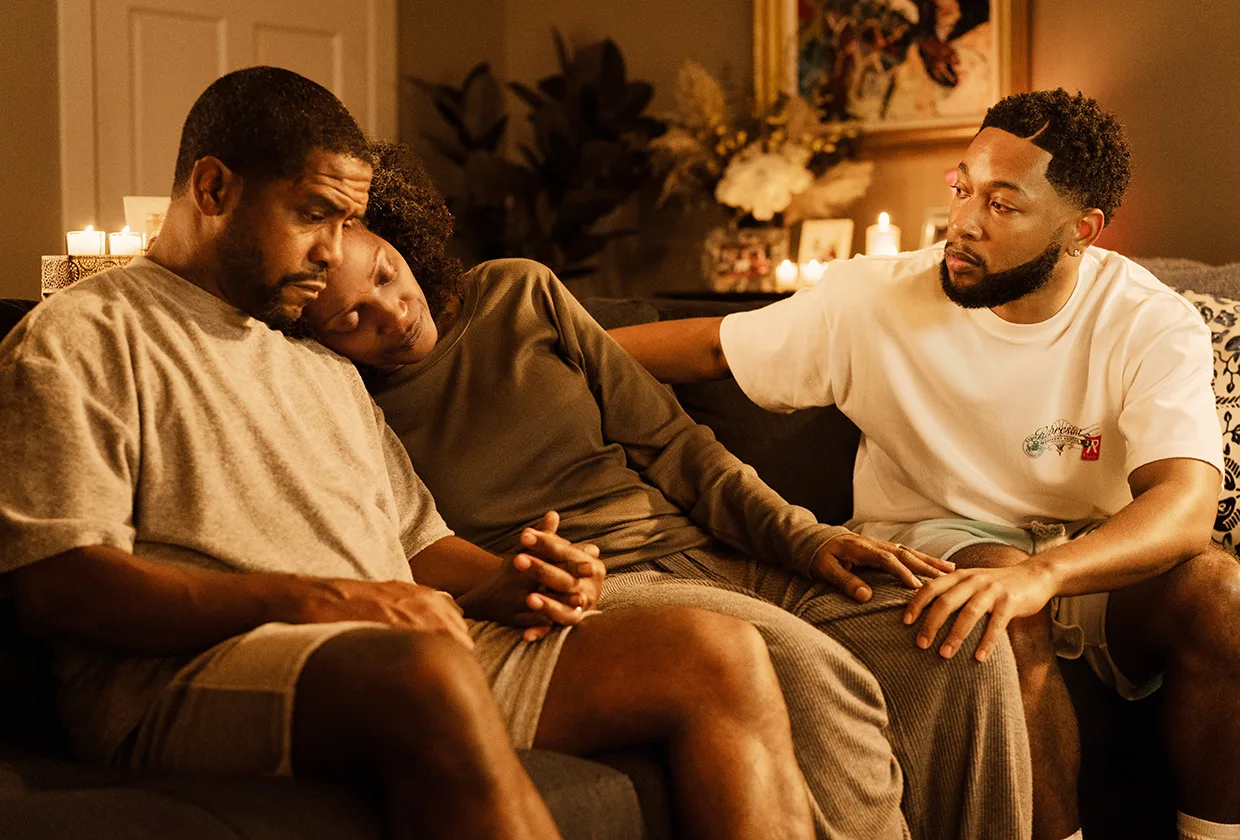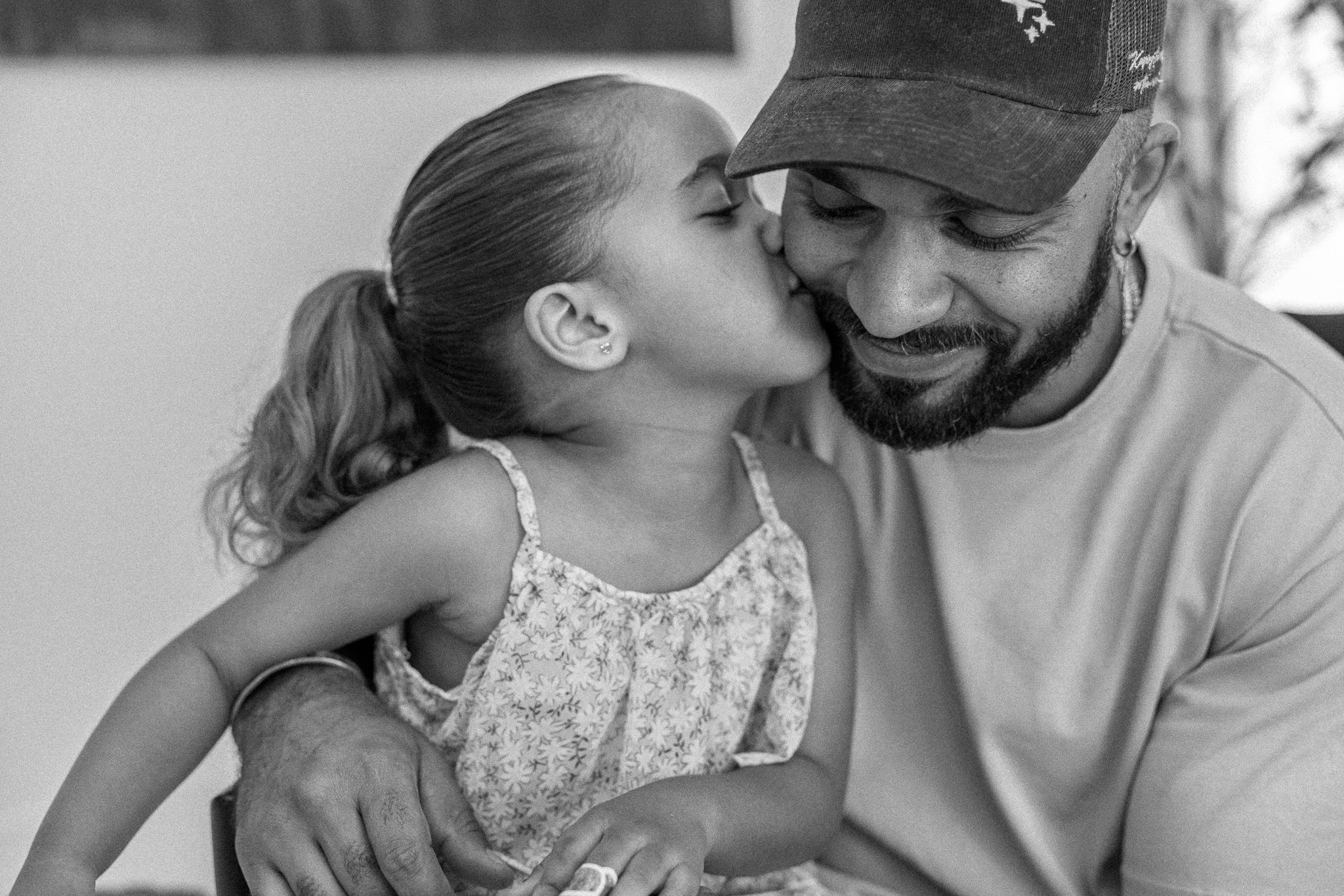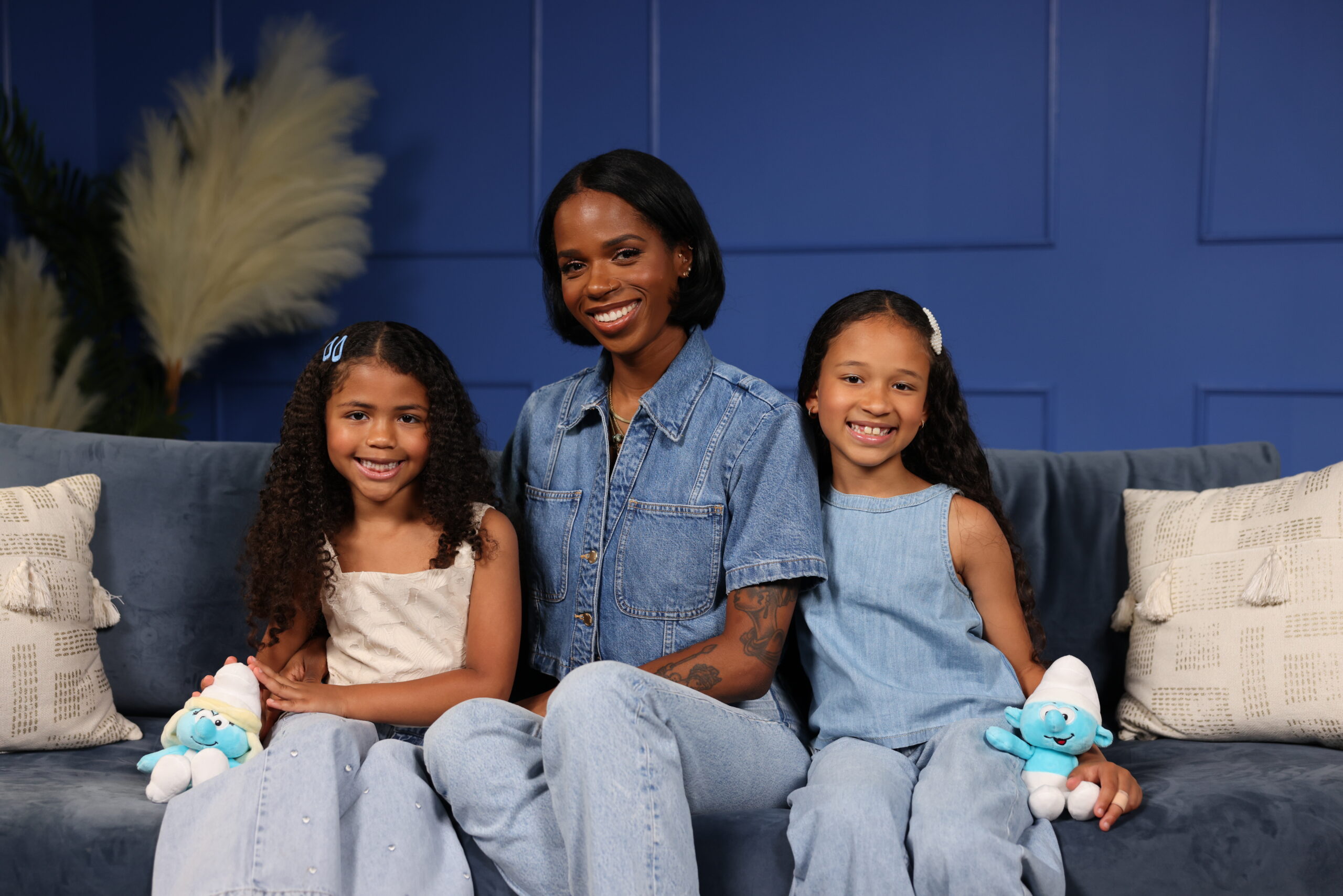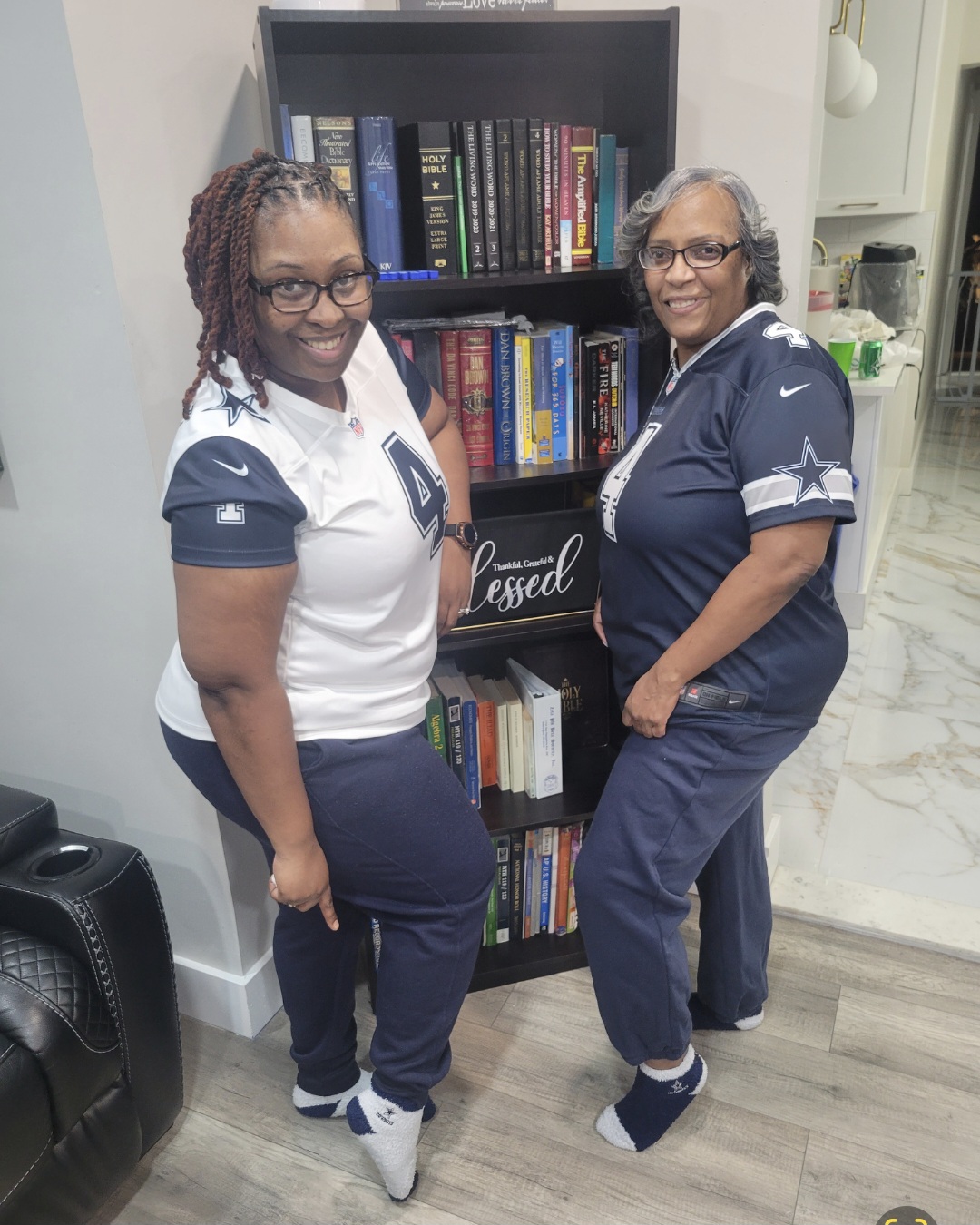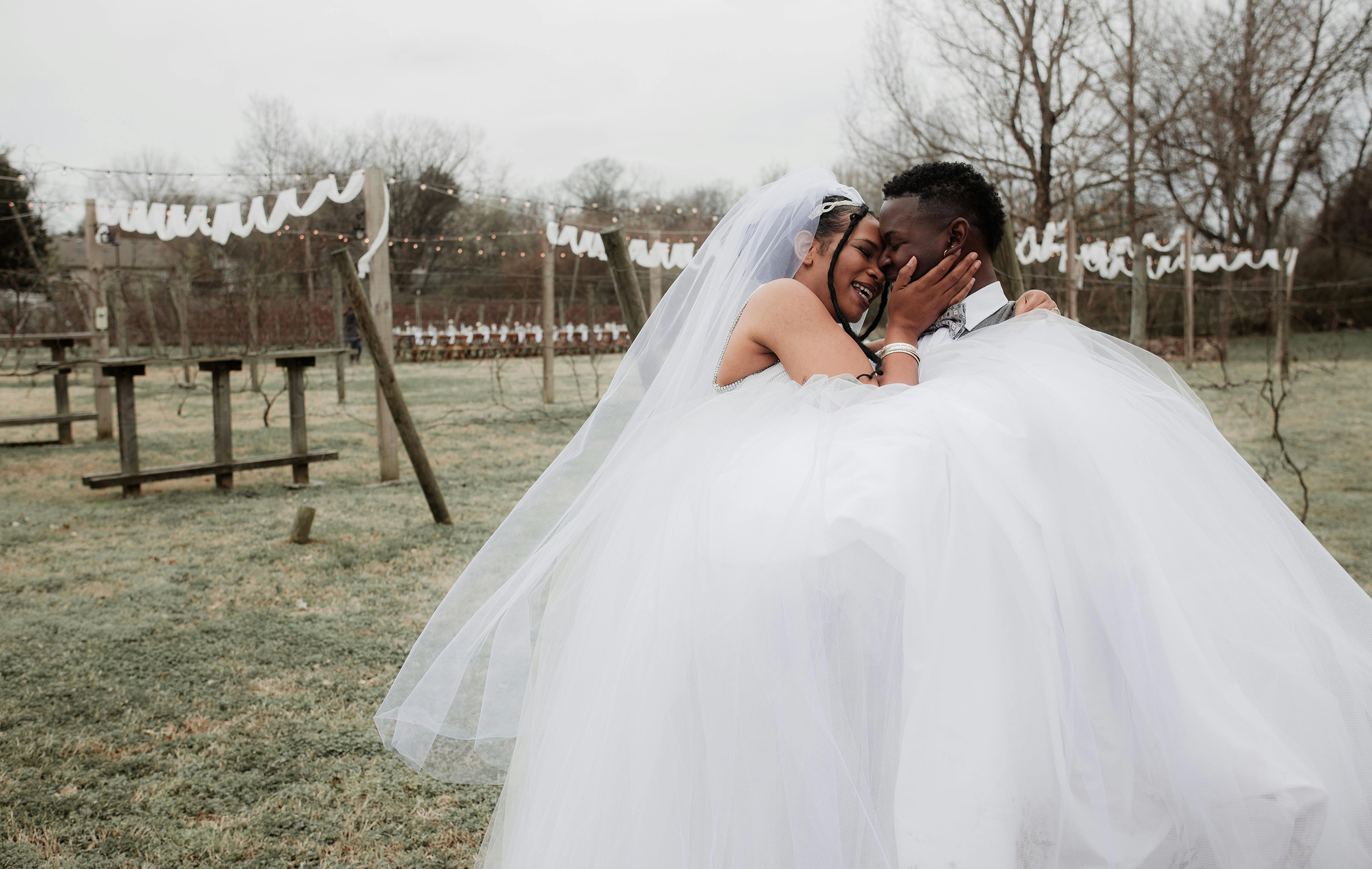
pexels-alexander-jay-195923190-31342387.jpg_processed
Sometimes, we are not truthful with ourselves or each other about the state of our relationships, yet statistics on Black marriage in America speak an undeniable truth. Compared to other races, Black people are not marrying as often and our divorce rates are higher. In a recent Instagram reel, Dr. George C. Fraser, an author, entrepreneur and speaker renown for his expertise on networking, wealth-building and building effective relationships, gave a grim take on how Black marriage affects Black wealth.
“There’s a talk I give on the five biggest challenges Black people have for the next 100 years,” he says in a cautious tone. “The number one challenge is the existential crisis of the Black family. … Marriage in our culture is down to 34%. When we were growing up, it was 85% [and] is now down to 34%. 71% of our sisters are not married. Twenty-nine percent will never get married. Sixty-three percent of our brothers are not married. Thirty percent of them will never get married.”
While there are some variations due to socioeconomic factors, systemic disparities, and the unmarried statistics including those who are divorced and widowed, for the most part, Dr. Fraser’s stats — which he sourced from the Chinese AI platform DeepSeek — are accurate . In the clip, he also noted how marriage rates directly correlate to median household income. According to Census.gov, as of 2023, Black households have a median income of $56,490, which is lower than the national median of $80,610. In comparison, Asian households have the highest median income at $112,800, while Hispanic households have a median income of $65,540. White non-Hispanic households also earn above the national median. All of the aforementioned races have higher rates of marriage than Black households.
When asked to elaborate, Dr. Fraser shared another factor impacting the decline in rates of Black marriage as a consistent pattern of higher interracial marriage among Black men compared to Black women. With 52 years of marriage to his wife, Nora Jean, there is some merit to Fraser’s frank wisdom. “My area of expertise, for 40 years, is the power of teaching our people the importance of making the right decisions about people who are around you,” he says. “But the most important of those decisions is the person you choose as your life partner.”
blacklove.com Related Articles:
Getting Married “For The Culture”: The Role of Black Marriage in Black Wealth
Black Marriage By the Numbers—And What They Really Mean
I’m Finally Married, Now What?
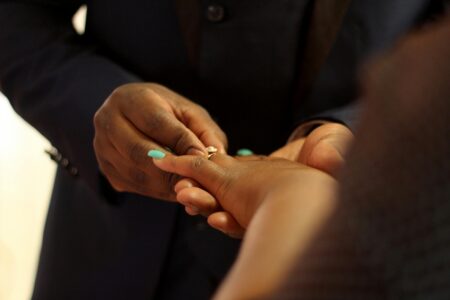
There are several reasons why Black people in America are not marrying as much as other races. Black people, particularly Black women, are waiting longer to get married compared to previous generations. Traditional dating practices are now the exception instead of the norm. The stories of “pee in the dating pool” are plentiful among Gen X and Millennials. Gen Z (those born between 1997-2012) are not as pressed by societal expectations to marry. Their relationship goals tend to prioritize earning their own bag, personal development, and avoidance of the “for worse” of marriage vows they have seen happen to their family and friends.
“Marriage is a business decision; when it comes to Gen Z, marriage isn’t a priority,” shares Chaderra Hayes who’s in her senior year of college. “Yes, some want to be married and settle down, but that percentage is low. … Marriage is a scary feeling because some don’t want to marry the ‘wrong person’ or are scared of the idea of being with someone for a lifetime.”
While it’s blissful to see marriage as solely about love, it isn’t; how we handle money affects the health of our marriage. There is a business side to marriage, which causes many people to stay single indefinitely.
“The primary function of marriage in past decades has been capital gain and financial stability,” says Derrell Green, a recent graduate of Morehouse College. “Now that people have realized they don’t need to marry to reach material success, lots of other factors have shown to be more important when deciding a lifelong partner, which is why our generation is getting married less.”
Teenagers, like my friend’s 14-year-old daughter, also fear the unknown, which has led them to curb marriage. She also spoke on how people don’t seem committed to the work required for a successful marriage.

Throughout my adulting, I have learned that contradictory conditions often co-exist.
“Marriage in the Black community is a beautiful thing and has the potential to set up future generations for
success in many different ways,” shares 25-year-old Lauryn Bryant who also believes that generational wealth is possible without being married.
She adds, “A single person can acquire and create generational wealth on their own, but marriage makes it easier. If done right, then marriage can impact one’s finances positively. When two people are working toward the same goal, it makes achieving that goal easier and quicker. When married, it allows you to live off one income and save with the other income.”
Yet, some of Gen Z agrees with Dr. Fraser that marriage is necessary to pass on generational wealth.
“It is necessary because two people coming together is better than one, and the family dynamic encourages the next generation to keep going,” another 20-something explains.
Dr. Fraser’s solutions to fixing the existential crisis of the Black family include promoting financial literacy, strengthening community support and networks for Black marriage, as well as access to mental health resources.
Fortunately, Black people are still getting married despite the challenges of declining rates of marriage and higher divorce rates. In her 2005 homage to Black relationships, “Unbreakable,” Alicia Keys sang about the resilience of Black love and marriage that have endured endless attempts to dismantle them throughout the test of time. Besides my 23 years of marriage, couples like Swizz Beatz and Alicia, The Obamas, Jay Z and Beyoncé, and a bevy of others, are repping longevity despite the odds. Keys reminded us: “We gotta stay tuned ‘cause there’s more to see (unbreakable)/Through the technical difficulties (unbreakable)/We might have to take a break/ But y’all know we’ll be back next week … this love is unbreakable.” As long as we have unbreakable Black love, there is hope for Black marriage and Black wealth.
Related Articles
Explore Michelle Obama's raw honesty about adapting to life as empty nesters and its impact on Black love.
Explore how 'The Chi's' end brings insights into love and community growth. Discover lessons Black couples can embrace.
Explore Marlon West's story and learn how music shapes Black love, relationships, and growth.
Featured Articles
Tyler Lepley shows the beauty of Black fatherhood, blended family life with Miracle Watts, & raising his three children in this Father Noir spotlight.
Celebrate their marriage and partnership with the release of the documentary “Time II: Unfinished Business”
Black Love caught up with Justin and Patrice Brim to delve deeper into their journey, unpack their inspirations, and discover what lies ahead for the incredible duo.
Is the “mama’s boy” misunderstood? One writer breaks down how raising her sons has reshaped her thoughts on the complicated term.
The Smurfs are back July 18—and Couch Conversations for Two is celebrating with a heartwarming episode.
I’ve always considered myself a humble person, but this experience was the ultimate test of my humility.

